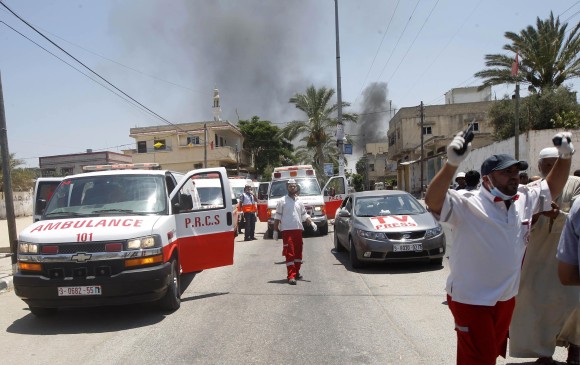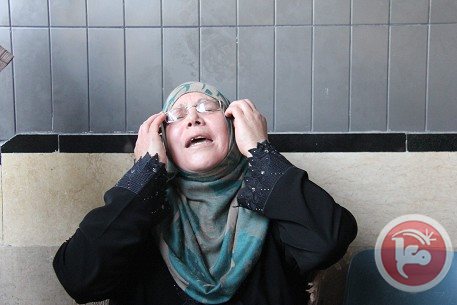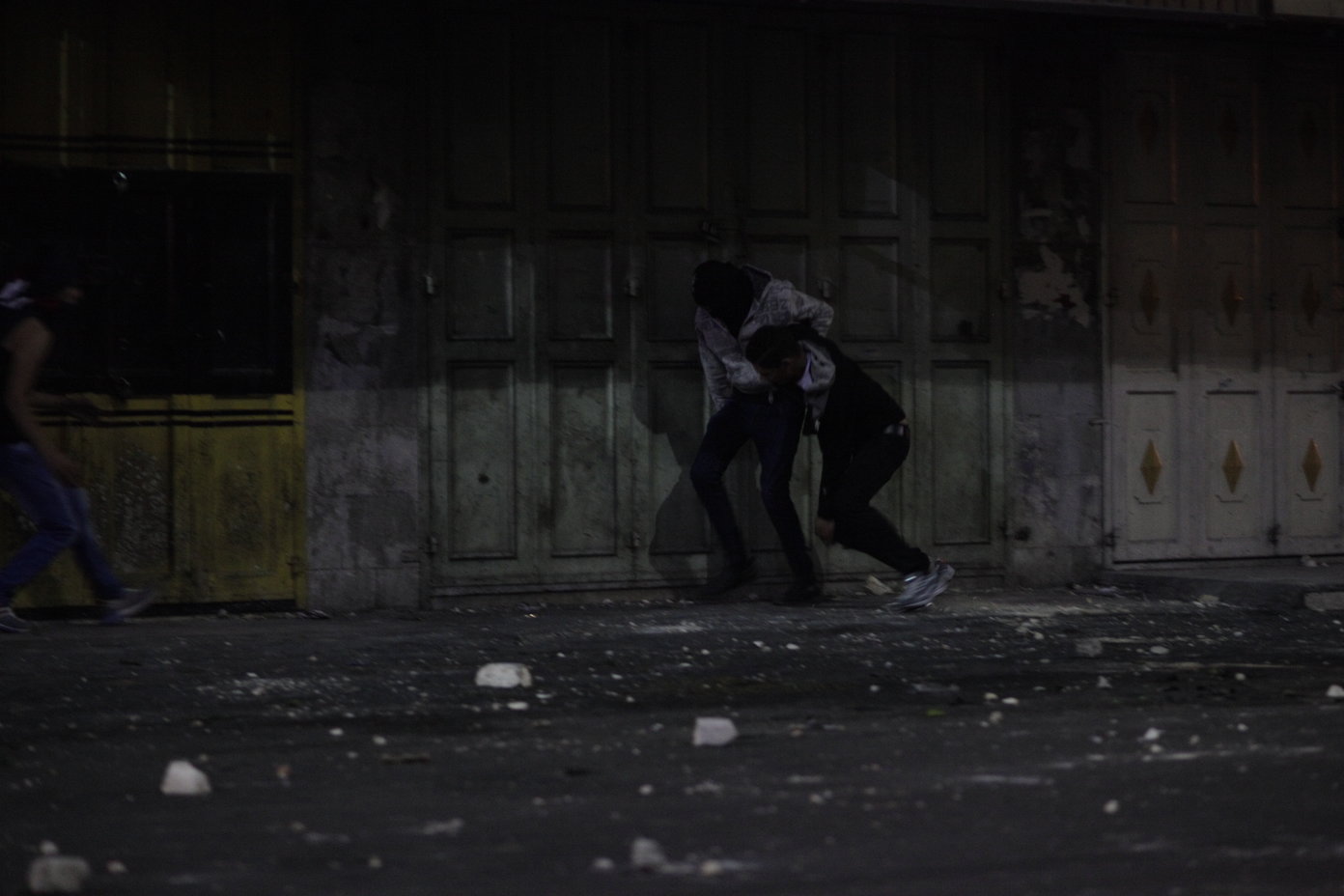Category: Reports
-
Live ammo used as ‘crowd dispersal’
31st July 2014 | International Solidarity Movement, Vern | Occupied Palestine On July 29th, Palestinian activists from the Human Rights Defenders Group, as well as several ISM volunteers, went to the Almezan Hospital in Hebron, and met some of the Palestinians recently shot and injured by Israeli soldiers. Some of them were taking part in clashes; others were…
-

An eyewitness to genocide: a night in Khuza’a
31st July 2014 | Sarah Algherbawi | Gaza, Occupied Palestine Khuza’a is a 4000 acres town that lies east of Khan Younis city in the southern area of Gaza, with a population of almost 11,000 people. On Monday night, July the 21st, Israeli forces started to bomb Khuza’a heavily, with the aim of destroying it. Before…
-

Gaza Ministry of Health: “Israeli attack on crowded market during ceasefire is ‘barbarity personified’”
30th July 2014 | Gaza Ministry of Health | Gaza, Occupied Palestine Ministry of Health Gaza is outraged at the Israeli massacre perpetrated during the so-called humanitarian ceasefire, when F-16s fired missiles into the crowded Shujeiyah market as hundreds took advantage of the lull to buy food and supplies. At least 17 people have been killed…

